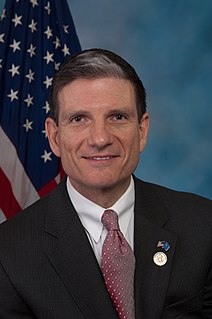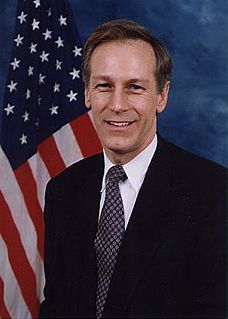A Quote by Lindsey Graham
The sooner we get started with alternative energy sources and recognize that fossil fuels makes us less secure as a nation, and more dangerous as a planet, the better off we'll be.
Related Quotes
Science tells us we need to keep the majority of fossil fuels in the ground, and that we must urgently invest in renewable energy, and other alternative industries. Doing so would create millions of jobs, ensure a fair transition for fossil fuel workers into new industries, and avert the most catastrophic climate breakdown.
Improved energy productivity and renewable energy are both available in abundance—and new policies and technologies are rapidly making them more economically competitive with fossil fuels. In combination, these energy options represent the most robust alternative to the current energy system, capable of providing the diverse array of energy services that a modern economy requires. Given the urgency of the climate problem, that is indeed convenient.
A revolution in humanity's use of fossil fuel-based energy would be necessary sooner or later to sustain and to extend modern standards of living. It will be required sooner if we are to hold the risks of climate change to acceptable levels. The costs that we bear in making an early adjustment will bring forward, and reduce for future times, the costs of the inevitable eventual adjustment away from fossil fuels.
Remember that the problem is bigger than the car you drive or the types of lightbulbs in city hall. We need a fundamental shift away from dirty fossil fuels that spew carbon pollution. To make that happen, we need to put pressure on our leaders to take the bold actions necessary to move us off dirty sources of energy.

































